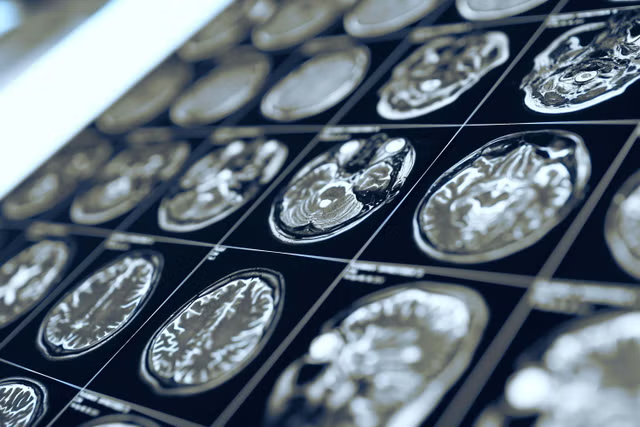Smoking, lack of physical activity, alcohol consumption and excess weight are the main reasons why poorer people are more likely to die from heart disease, according to a study published on Tuesday.
Coronary artery disease, also known as coronary heart disease or ischemic heart disease (IHD), is the most common heart disease—and heart disease is the leading cause of death in the U.S., according to the Centers for Disease Control and Prevention.
It occurs when sticky plaque builds up in blood vessels, restricting blood flow to the heart and around the body.
The study found that poorer people, from lower socioeconomic backgrounds, are more likely to die from the disease than those with more money and privilege.
"Socioeconomic inequality significantly influences the burden of IHD mortality in the general U.S. population," study author Yachen Zhu, of the Alcohol Research Group, told Newsweek.
"Our study found that smoking, physical inactivity, alcohol use and BMI [body mass index, a measure of weight in relation to height] together explained more than half of the socioeconomic inequalities in ischemic heart disease mortality in both sexes."
The results were different for men and women. For men, these factors were more important, explaining an estimated 74 percent of the difference in risk of dying from heart disease between people from different backgrounds.
Smoking was the biggest risk factor for men, linked to 29 percent of heart disease death risk, closely followed by how physically active the men were—27 percent of the risk.
Alcohol explained 12 percent of the risk inequality, and being overweight or obese contributed to just 5 percent.
In comparison, women were slightly less affected by these risk factors, but they were still found to explain 61 percent of the risk inequalities for heart disease.
Physical activity in women was the most significant factor, associated with 26 percent of heart disease risk inequality.
Smoking and alcohol were both moderately important, at 16 and 14 percent respectively, and weight also accounted for just 5 percent of female risk inequality—identical to men.
"Because unhealthy behaviors often cluster among individuals from low socioeconomic backgrounds, our results highlight the need for effective public health policies and interventions that address each of these behaviors, both separately and together, in order to reduce this disparity," said Zhu.
A team of scientists came to these conclusions after analyzing data from 524,035 U.S. adults, aged 25 and older, who participated in the National Health Interview Survey from 1997 to 2018.
They then compared this with information from the 2019 National Death Index, and found that 13,256 ischemic heart disease deaths had occurred over the course of approximately 10 years.
Education was used as a marker of socioeconomic status, and the scientists found that IHD mortality was significantly and clearly related to education level, with higher levels of education linked to much lower heart disease death risk.
"To our knowledge, our research is the first nationwide longitudinal study to investigate the contributions of behaviors risk factors to the socioeconomic inequalities in ischemic heart disease mortality in the U.S.," said Zhu.
Do you have a tip on a food story that Newsweek should be covering? Is there a nutrition concern that's worrying you? Let us know via science@newsweek.com. We can ask experts for advice, and your story could be featured in Newsweek.
Reference
Zhu, Y., Llamosas-Falcón, L., Kerr, W. C., Rehm, J., Probst, C. (2024). Behavioral risk factors and socioeconomic inequalities in ischemic heart disease mortality in the United States: A causal mediation analysis using record linkage data, PLOS Medicine 21(9): e1004455. https://doi.org/10.1371/journal.pmed.1004455
Disclaimer: The copyright of this article belongs to the original author. Reposting this article is solely for the purpose of information dissemination and does not constitute any investment advice. If there is any infringement, please contact us immediately. We will make corrections or deletions as necessary. Thank you.



